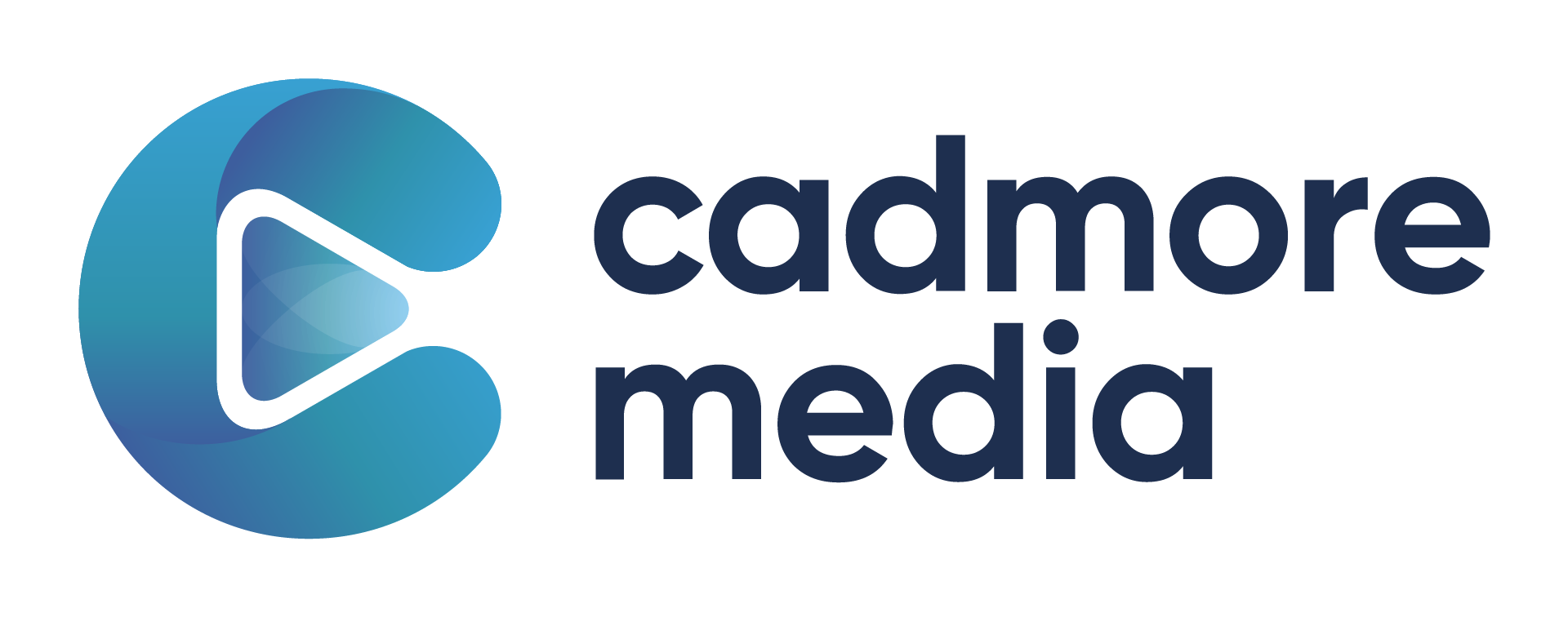Cadmore media player playing audio Myocardial Infarction in Young Women
Audio Player
Accessibility
Using forms mode, you can utilize keyboard shortcuts to make usability more efficient.
Space bar will play and pause the audio. Pressing escape will close all displays and pressing it again will jump to the end of the player.
You can press A to open the Keyboard Shortcut Dialog which also provides an audio description of the player and all of its features.
Transcript
Segments
Segment:0 .
>> Practice Impact Extra podcasts are derived from Hurst's The Heart Board Review and other online resources available only through accesscardiology.com. >> We are aware of the association of inflammation and cardiovascular disease. We all are. It remains a very important issue. I want to update published studies on the effect of low-dose colchicine and coronary artery disease. Hi, Dr. Bernie here, and welcome to Practice Impact Extra.
Inflammation and cardiovascular disease continues to generate lots of action. In December 2019, the COLCOT trial showed a benefit in ischemia outcomes in patients treated within 30 days of an acute myocardial infarction. Although an encouraging trial, the result -- a question remained. Whether we should use colchicine more broadly still remained open. I want to report two new trials that were designed to assess the effect of low-dose colchicine for secondary prevention.
Let's start with the COPS trial, C-O-P-S trial, and that was presented at the European Society of Cardiology meetings in August 2020. It was a small randomized trial that enrolled 795 patients with recent acute coronary syndrome. The duration of the trial was 12 months. What was the result? Acute coronary artery syndrome events were not significantly reduced. Urgent revascularization, however, was reduced the results of the trial did cast a shadow of concern, particularly the all-cause mortality and in particular non-cardiovascular mortality was higher in the colchicine-treated group.
An additional larger trial assessing low-dose colchicine and placebo in patients with chronic coronary artery disease was presented also at the ESC meetings in August 2020. The LoDoCo2 trial, low-dose colchicine for secondary prevention of cardiovascular disease, the goal of this trial was to assess the safety and efficacy of colchicine in patients with chronic coronary artery disease. And 5522 patients with stable coronary artery disease were randomized to either colchicine 0.5 milligrams a day or a matching placebo.
Patients were followed for 28.6 months. The primary outcome of cardiovascular death, MI, stroke, ischemia, driven by revascularization for colchicine versus placebo was 6.8% versus 9.6% in the control group, and that was a significant positive effect. Secondary outcomes, cardiovascular death, MI, and stroke, were all significantly reduced by colchicine.
However, once again, all-cause mortality and non-cardiovascular death was increased. The author stated that the etiology for this negative signal was unclear. So, what's my thoughts? Both the COLCAT and LoDoCo2 showed a benefit in ischemic outcomes, further supporting the potential benefit of the anti-inflammatory therapy colchicine in patients with coronary artery disease.
However, COLCAT had a neutral effect on death, whereas COPS had a significantly higher risk of non-cardiovascular death, and LoDoCo2 also had a significantly higher all-cause mortality. I really believe that we need the results from more trials to be confident that the risk/benefit ratio favors using this agent. I want to call your attention to a new -- a large ongoing trial, SYNERGY, that has not yet been published, but hopefully will provide more clarity regarding the use of colchicine in coronary artery disease.
Thank you again for joining me, and see you next time on Practice Impact Extra. >> We hope you enjoyed this podcast from McGraw-Hill. Subscribers to AccessCardiology have instant access to over 25,000 pages of rich medical content, receive medical updates from trusted experts, and have access to other special features. To subscribe or learn more, please visit accesscardiology.com.
-
You Size - Responsive
-
We Size - Responsive
-
Picture Overlay Popup
-
400 x 225
-
512 x 288
-
400 x 700
-
768 x 1024
-
1024 x 512
-
1280 x 608
Accessibility
Using forms mode, you can utilize keyboard shortcuts to make usability more efficient.
Space bar will play and pause the media.
You can press A to open the Accessibility Dialog.
This describes many other keyboard shortcuts for media controls.
The video is currently set-up to show just a clip from 0:00 to video end. You have requested to see a portion of the media outside of the clip.
Click OK to switch to the full media or click if you would like to stay inside the clip. You can always go back to the clip with Tools and Clip Mode
